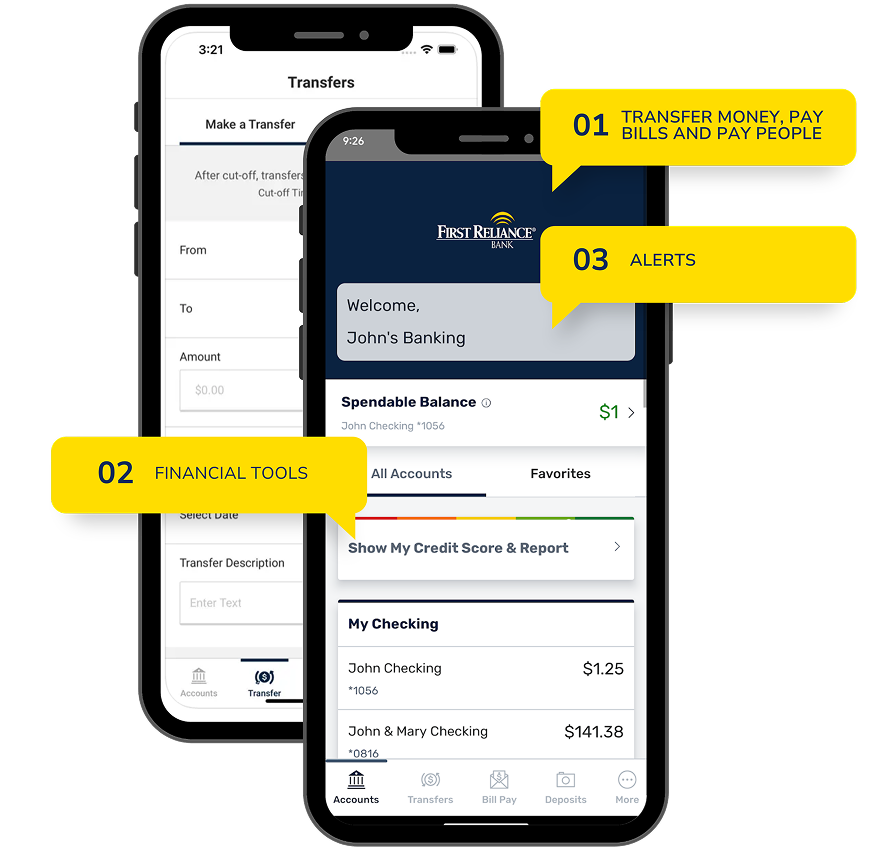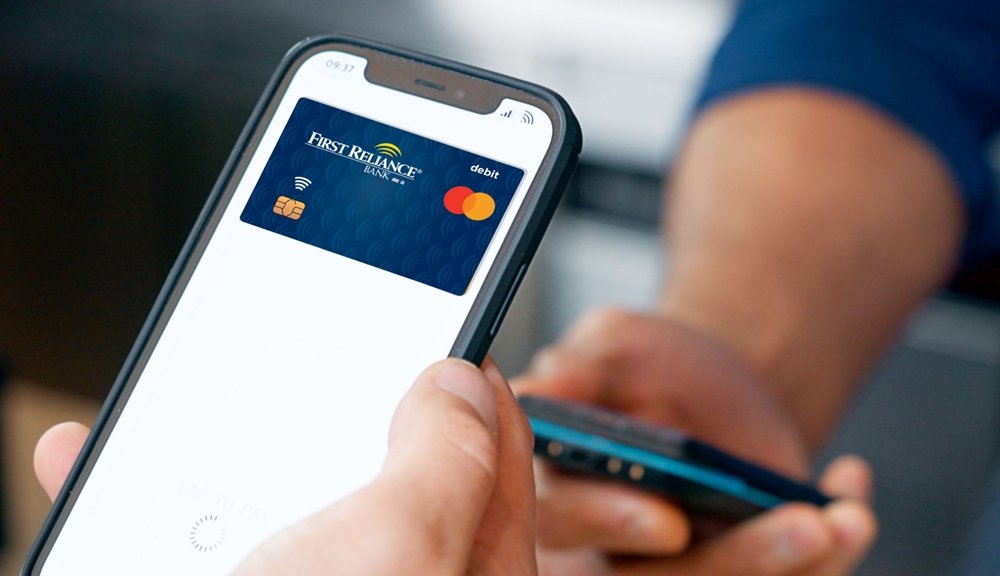Stay Smart. Stay Safe. Stay One Step Ahead.
At First Reliance Bank, your security is our top priority. As fraud schemes continue to evolve, it’s more important than ever to stay informed and proactive about protecting your personal and financial information.
Our Fraud Education Center is your go-to resource for understanding the most common fraud threats—whether you’re managing your household finances or running a business. We believe that knowledge is one of the best defenses against fraud. By learning how to recognize suspicious activity and how to respond quickly, you can reduce your risk and help others do the same.




